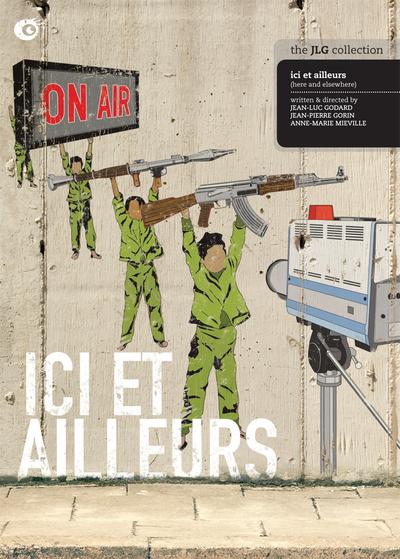
What can be verified about the film are two 16mm reels of equal duration composed of two parts: A colour component (which makes up the bulk of the film), illustrating a group of five “students from Vincennes and workers from the Renault plant at Flins”.[10] The group sit in a field outside a large tenement block on the outskirts of Paris and discuss politics, the objectives of the May revolt, and the potential steps involved in achieving revolution in France. The second component of the film is comprised of silent black and white ‘documentary’ footage from the events of May intercut with the colour ‘live’ action in the field. Each of the black and white sections illustrates the May events that the participants discuss, and acts as a complement to their conversation.Read More »







